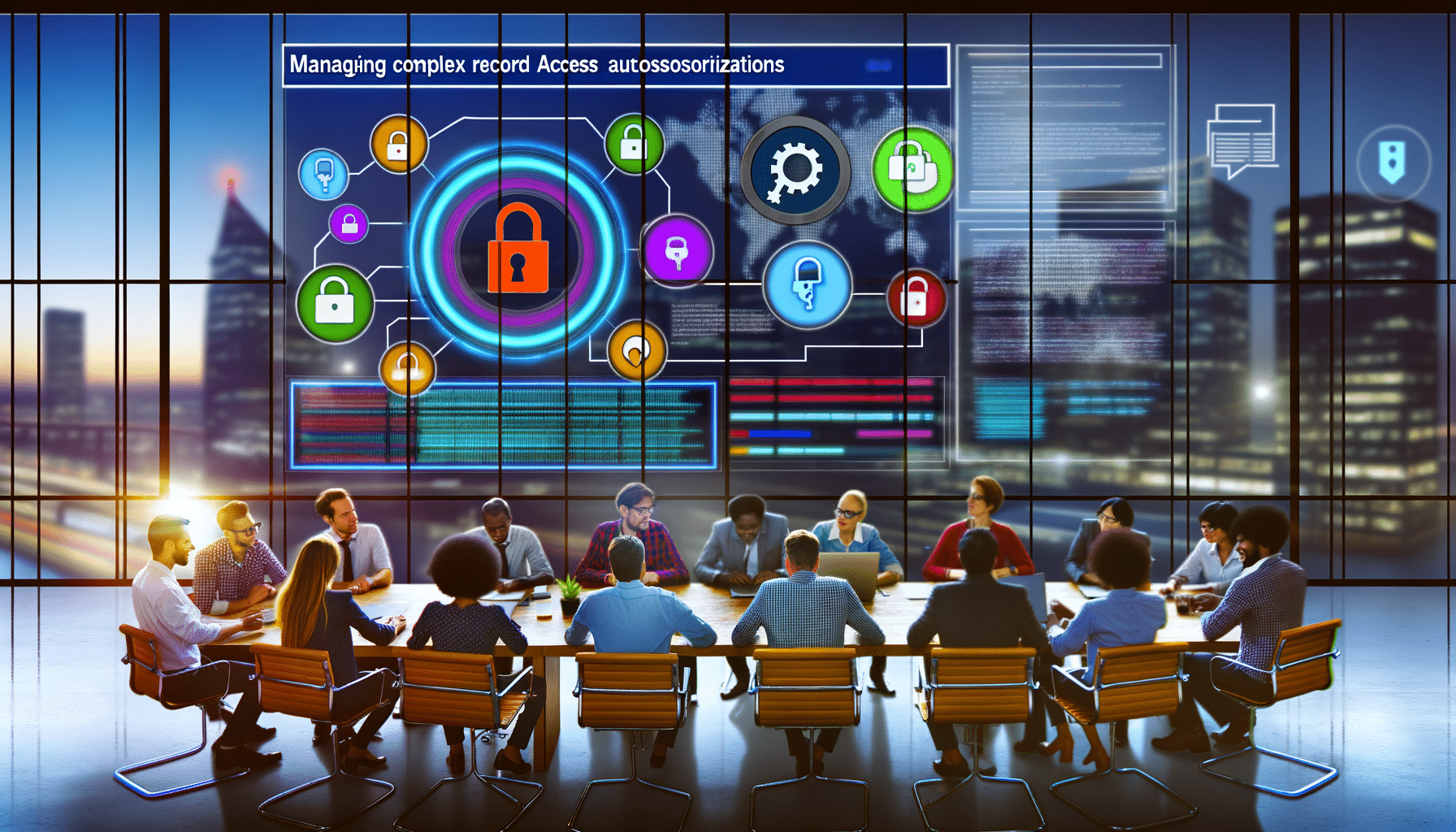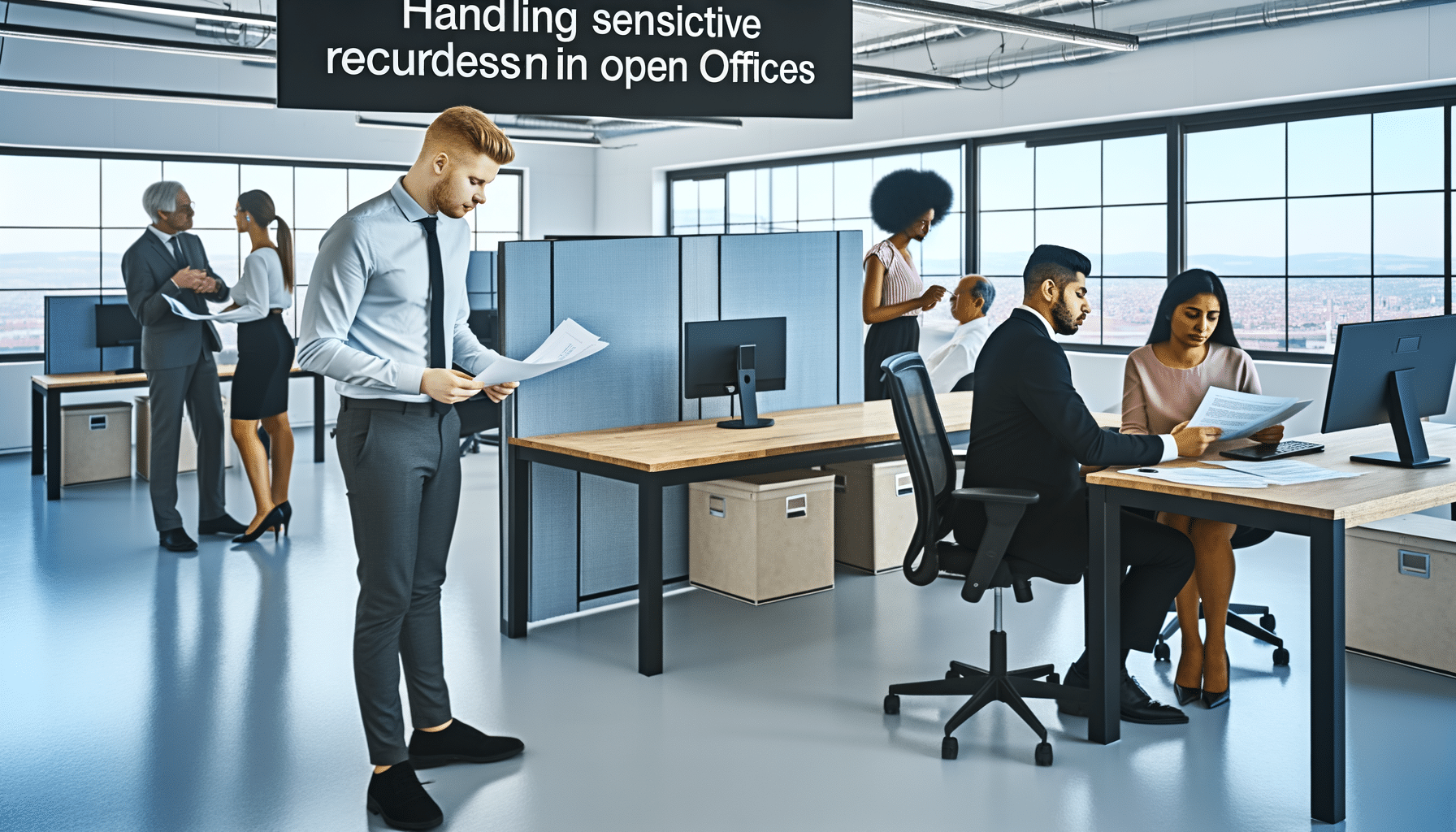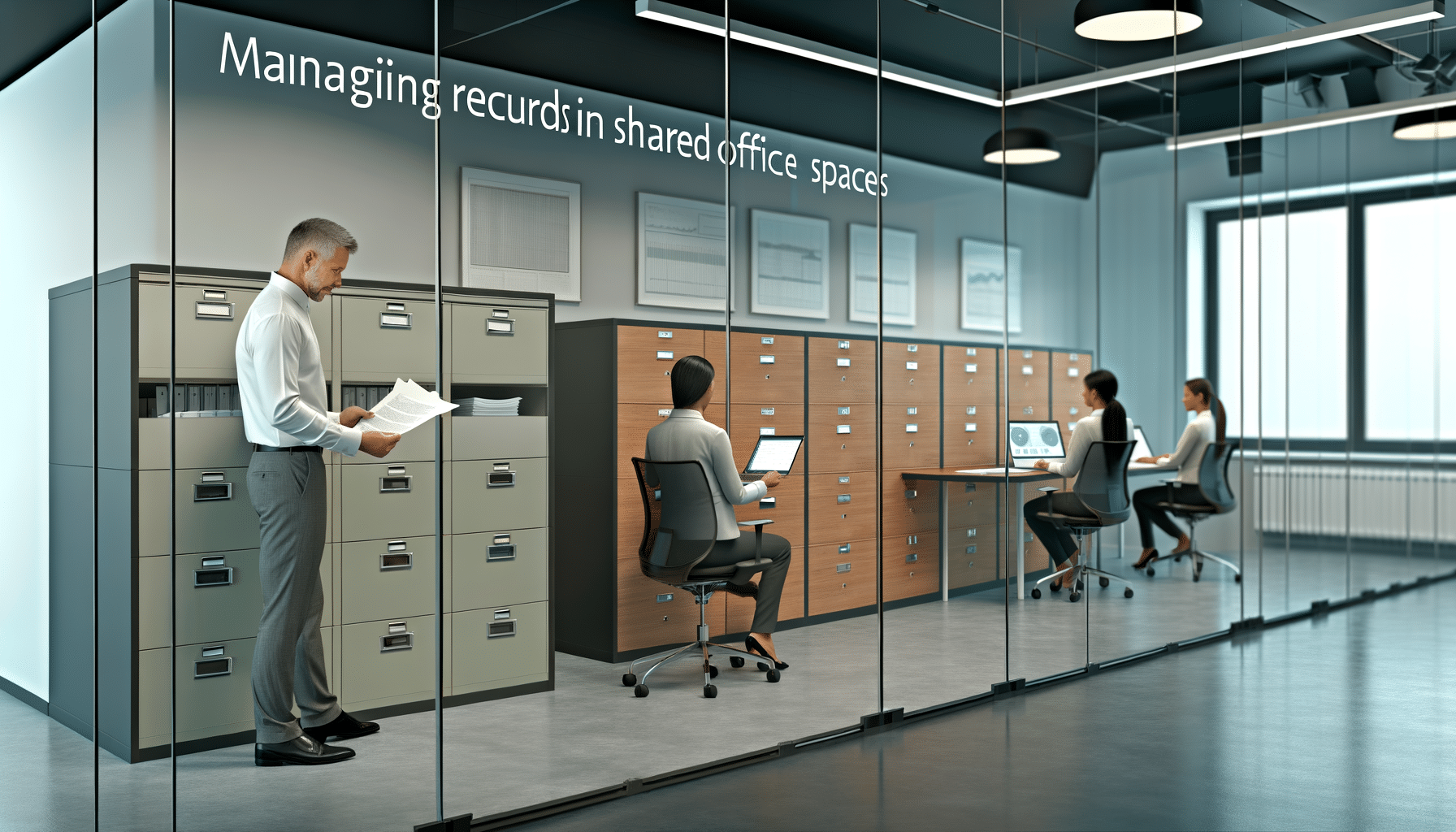- Archive Security
- November 16, 2024
Solving Record Access Authorization Problems

Overcoming Hurdles in Record Access Authorization with Blockchain
In today’s highly regulated and security-conscious environment, ensuring the right access authorization to records is not just a necessity—it’s a legal and ethical imperative. As someone who’s journeyed through the landscape of digital record management, I’ve seen firsthand how traditional methods often struggle with agility, security, and compliance. It’s a challenge that I’m passionate about addressing, and one that RecordsKeeper.AI is designed to solve.
Why Record Access Authorization Matters More Than Ever
Record access authorization is the process of determining which individuals within an organization can view, modify, or interact with specific records. This is crucial for several reasons:
- Security: Protecting sensitive information from unauthorized access is essential to safeguard against data breaches.
- Compliance: Meeting regulatory requirements, such as GDPR and HIPAA, mandates strict control over who can access records.
- Operational Efficiency: Facilitating appropriate access helps streamline workflows and improve productivity.
Yet, as vital as it is, access authorization can often become a bottleneck. Manual systems are prone to human error and inefficiency, and even sophisticated digital tools can fail if they’re not adaptable to the dynamic needs of a modern organization.
Harnessing Blockchain for Improved Access Authorization
Blockchain technology is turning this challenge on its head, offering a transformative solution for managing record access authorizations. At RecordsKeeper.AI, we’ve integrated blockchain in ways that address key access concerns:
- Immutability: Blockchain’s inherent ability to record data in a tamper-proof, immutable manner ensures that once access permissions are set, they cannot be altered without generating an audit trail. This is a game-changer for compliance and security.
- Transparency: Every change to access permissions is recorded on the blockchain, providing clear visibility into who accessed what records and when—something that audit logs alone couldn’t deliver with previous systems.
- Decentralization: By removing the reliance on a central authority to manage access rights, blockchain distributes power and increases security, eliminating single points of failure in data systems.
Automating Complex Authorizations
One of the most compelling features of blockchain is its ability to automate complex access authorizations through smart contracts. These self-executing contracts allow predefined conditions to automatically grant or revoke access, essentially making high-stake decisions without requiring a human intermediary.
Imagine setting records to only be accessible by specific department heads during a certain fiscal period, or automatically revoking access when an employee leaves the company. Such implementations drastically reduce administrative overhead and enhance operational simplicity—advantages I am thrilled to bring to the organizations using our platform.
Practical Benefits and Real-World Applications
The benefits extend beyond just increased security and compliance. Users of RecordsKeeper.AI often report:
- Increased Trust: The transparency and security provided by blockchain enhance trust within and outside the organization.
- Reduced Costs: Automation reduces the need for manual monitoring and intervention, cutting operational costs.
- Speed and Agility: Quick and reliable access rights adjustments meet the fast-paced demands of modern businesses.
For instance, companies in the healthcare sector, which are bound by stringent HIPAA regulations, have successfully leveraged RecordsKeeper.AI to streamline access authorization, thereby ensuring sensitive patient data remains secure yet accessible to authorized personnel.
Challenges and Considerations
Despite these advancements, integrating blockchain into access authorization is not without its challenges. Organizations need to consider:
- Implementation Costs: While blockchain can lower long-term costs, initial setup requires investment in both technology and training.
- Scalability: Depending on the architecture, some blockchain systems may face scalability issues that must be addressed as data loads grow.
These are challenges we’re constantly addressing at RecordsKeeper.AI, ensuring that our platform remains adaptable and forward-thinking, catering to the evolving needs of our clients.
The Future of Access Authorization
As we look toward the future, one thing is clear: access authorization needs to become more fluid, secure, and user-centric. Blockchain technology offers a promising path forward that I believe will continue to mature and integrate deeper into our record management ecosystems.
For those managing security and compliance in their organizations, staying ahead of these emerging trends can offer not just peace of mind but a competitive edge. Achieving the balance between accessibility and security will unlock new efficiencies and trust in record management systems that are aligned with the digital age.
I invite you to explore how RecordsKeeper.AI can transform your record access challenges into opportunities, paving the path to a more secure, compliant, and efficient future.
Learn More
Consider diving deeper into how blockchain is reshaping record management by following my insights on evolving tech trends. Together, we can navigate the complexities of digital transformation effectively.
Toshendra Sharma is the visionary founder and CEO of RecordsKeeper.AI, spearheading the fusion of AI and blockchain to redefine enterprise record management. With a groundbreaking approach to solving complex business challenges, Toshendra combines deep expertise in blockchain and artificial intelligence with an acute understanding of enterprise compliance and security needs.
Related Posts

Handling Sensitive Records in Open Offices
Maintaining confidentiality in open workspace layouts.
- December 9, 2024

Managing Records in Shared Office Spaces
Keeping records secure in coworking and shared environments.
- November 23, 2024
Archives
- December 2024
- November 2024
- October 2024
- September 2024
- August 2024
- July 2024
- June 2024
- May 2024
- April 2024
- March 2024
- February 2024
- January 2024
- December 2023
- November 2023
- October 2023
- September 2023
- August 2023
- July 2023
- June 2023
- May 2023
- April 2023
- March 2023
- February 2023
- January 2023
- December 2022
- November 2022
- October 2022
- September 2022
- March 2019
Want to get more content like this?
Signup to directly get this type of content to your inbox!!
Latest Post
Organizing External Auditor Access
- December 22, 2024
Document Control in Manufacturing Plants
- December 21, 2024
Handling Rush Financial Report Requests
- December 20, 2024
Managing Record Access After Staff Changes
- December 19, 2024





